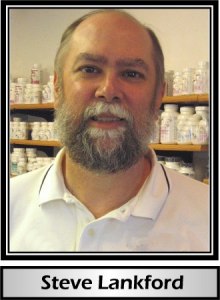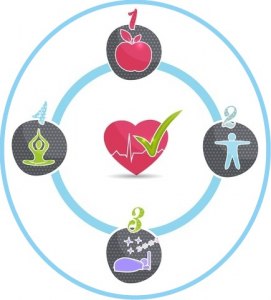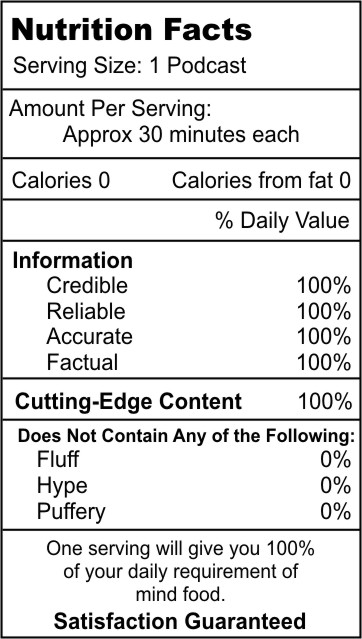Podcast: Play in new window | Download (Duration: 25:48 — 47.2MB)
What should you consider if you have elevated cholesterol
 People with elevated cholesterol are almost always recommended statin drugs. It is one of the most common drugs prescribed by doctors. It seems like a simple decision. If your cholesterol is over 200 or your LDL is over 100, it is likely that your doctor will recommend statin drugs. It is common among people I speak to that they are afraid to not use statins. Or they want a natural alternative to replace statins. Rarely do they consider that perhaps they do not need statins. Just because a doctor prescribes a drug, does not mean that it is in your best interest. Rarely do consumers know that statins are only effective for a few. But they are almost always convinced that they must do something. Even in the absence of any other evidence of cardiac risk. It is also common that the doctors do not guide patients about the choices they have, the relative risk or how to avoid being on statin drugs altogether. For more on this aspect of the topic, listen to my previous podcast about cholesterol and statins.
People with elevated cholesterol are almost always recommended statin drugs. It is one of the most common drugs prescribed by doctors. It seems like a simple decision. If your cholesterol is over 200 or your LDL is over 100, it is likely that your doctor will recommend statin drugs. It is common among people I speak to that they are afraid to not use statins. Or they want a natural alternative to replace statins. Rarely do they consider that perhaps they do not need statins. Just because a doctor prescribes a drug, does not mean that it is in your best interest. Rarely do consumers know that statins are only effective for a few. But they are almost always convinced that they must do something. Even in the absence of any other evidence of cardiac risk. It is also common that the doctors do not guide patients about the choices they have, the relative risk or how to avoid being on statin drugs altogether. For more on this aspect of the topic, listen to my previous podcast about cholesterol and statins.
There are numerous other risk factors that you should consider if you have elevated cholesterol. Truth be told, everyone should consider these risk factors as well. Half of the people who die of heart attacks have normal cholesterol levels. Knowing what the various risk factors are and how they are expressed in your particular case will give you direction, focus and the ability to address those things that are most important. In this podcast, I will discuss what are the various risk factors and how it is the totality of your circumstances that will determine whether your risk is high, low or somewhere in the middle.
Much of this discussion is inspired by the American Heart Association booklet “Understanding and Controlling Cholesterol”. I’ll use my wife’s situation as illustrative of how the simplistic approach of prescribing statin drugs is common but not always appropriate. I’ll discuss the important risk factors that you can use to guide your understanding of your personal circumstances.
Here is the list of risk factors that you should be familiar with:
- Total cholesterol

- HDL cholesterol
- LDL cholesterol
- Cholesterol ratio
- Triglycerides
- Do you smoke?
- Do you have high blood pressure?
- Do you have diabetes?
- Do you have a family history?
- Age
- Weight
- Exercise
- Diet
- Alcohol use
- CrP – C-Reactive Protein
- Omega-3/Omega-6 balance or ratio
- Supplements used
When you consider all of these factors, you will have a much better picture of your cardiac risk profile. You can also begin to target those areas which need improvement. You can look to lifestyle, diet and nutritional supplements that are more specific to you. The more risk factors you have, the greater chance of cardiac issues. The less risk factors you have is identified with longer life and better health. If you only take statin drugs, you have not done anything to actually improve your health.

The more you understand, the better choices you will make. Better choices lead to better outcomes. The path to being healthier is to understand your own state of health. Learn about your options medically and otherwise. Always seek to improve health, not just manage disease. If you choose to use drugs, understand what are the benefits and side effects. Sometimes you can mitigate the side effects with targeted nutrition. If you choose supplements, understand the what and why of the nutrients, so you can seek specific targeted benefits. Know what to expect from any course of action. Evaluate your progress both medically and nutritionally and make adjustments as needed. Knowing these things and following a knowledgeable course of action will lead you to better results.
To learn more listen to our interviews on these topics. Search our TAG INDEX to find the specific content that interests you. If you listen to the experts here on HealthQuestPodcast.com, you may come to a similar conclusion that statin drugs and the cholesterol theory of heart disease is not good medicine for most people who do not have existing or identifiable cardiac risk.










{ 0 comments… add one now }